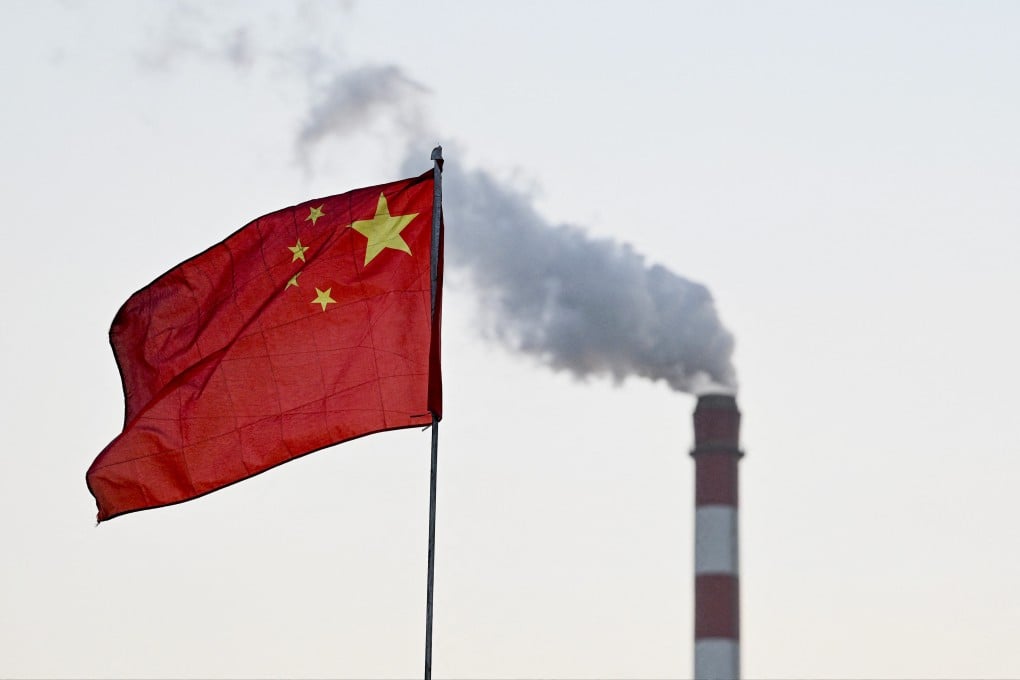Climate change: China’s Xi Jinping affirms net-zero commitment while touting coal’s near-term value for energy security
- Mention of China’s decarbonisation goal at the 20th party congress shows it has ‘high-level buy-in’, analysts say
- Xi’s pronouncement that China must ‘establish the new before demolishing the old’ shows coal will continue to have a near-term role

China is taking a cautious approach to balancing its carbon-neutral commitment against the need for energy security amid an energy crisis globally and at home, according to climate analysts.
At the opening of the weeklong Chinese Communist Party’s 20th National Congress in Beijing last Sunday, President Xi Jinping addressed the need to push the country’s green development in a two-hour speech.
“We must speed up the green transformation, implement comprehensive conservation strategies, develop green and low-carbon industries, advocate green consumption, and promote green and low-carbon production methods and lifestyles,” Xi said.
China should actively and steadily accelerate the construction of a new energy system and actively participate in the global governance of climate change, he said.
